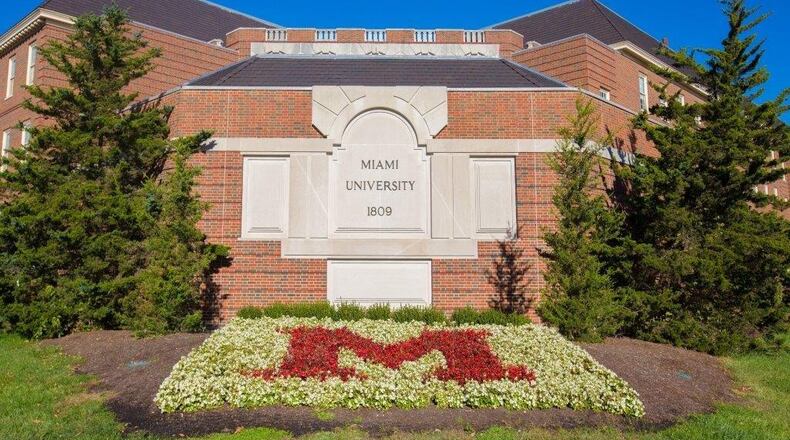“The grant to Miami’s College of Education, Health and Society, will equip educators, paraprofessionals and preservice teachers with skills, strategies, and best practices to improve instruction for English language learning children,” they said.
In the last decade, the number of English language learning children across Ohio has doubled to nearly 60,000, according to PELEA research.
Many of these students arrive unaccompanied, or alone, and may have suffered additional trauma from poverty, natural disasters, and political unrest. The PELEA team has found that many local schools lack the expertise and resources to work with this growing population of students.
“English language learning children have to adjust to a new culture and environment,” said Martha Castañeda, Miami University professor of teacher education and principal investigator of PELEA.
“[They] have to simultaneously learn a new language and master content in that new language, and they may have experienced traumatic events during the time that their education was interrupted, or because they are away from their family.”
The grant will allow PELEA to continue to offer scholarships toward the Teaching English to Speakers of Other Languages endorsement, and support PELEA’s work with parents and families to promote literacy growth at home, said school officials.
“The PELEA grant extends Miami’s role in leading Ohio’s efforts to strengthen and diversify the teacher education pipeline and fill a critical shortage of teachers able to work with the growing number of students for whom English is not their first language,” said Jason Lane, dean of EHS.
PELEA will also focus on a variety of trauma-responsive strategies, which are especially vital for students who might come from war-torn areas and for unaccompanied minors who have been separated from their families.
“When students have faced that kind of trauma, the brain becomes altered,” said Robin Schell, PELEA project director and Miami visiting assistant professor of teacher education. “So we work on strategies that help teachers recognize the signs of this trauma, how it affects their learning, and how to create environments that make students feel more comfortable and more relaxed. So they can actually learn instead of being on alert all the time.”
About the Author

